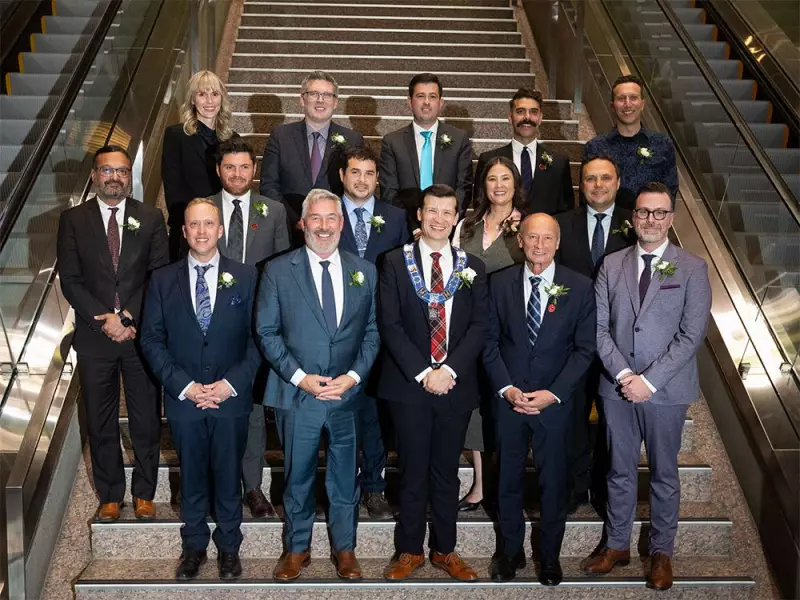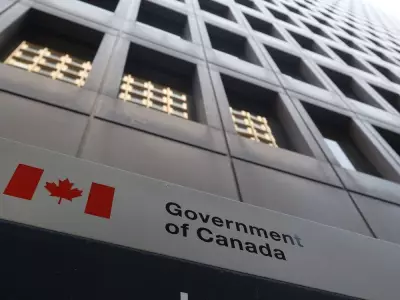
The recent municipal election in Calgary has resulted in a city council with a striking gender imbalance that has sparked concerns about democratic representation. The newly sworn-in council consists of 12 male councillors and only 2 female representatives, creating one of the most male-dominated civic governments in recent Calgary history.
Concerning Numbers Behind the Election Results
Following the October 24 municipal election, Jeromy Farkas was confirmed as Calgary's new mayor. The council that will work alongside him includes just two women: Kim Tyers and Jennifer Wyness. This composition means women represent only 13 percent of council members, marking the lowest female representation since the 2013 municipal election.
The statistics become even more concerning when compared to Calgary's population demographics. According to 2021 census data, Calgary has 1,590,639 residents, with 800,320 women and 790,320 men. Despite women slightly outnumbering men in the general population, their political representation has actually regressed rather than progressed.
A Pattern of Underrepresentation in Leadership
This election outcome continues a troubling pattern for Calgary, which recently ranked as the third-worst city in Canada for women to live in according to a Canadian Centre for Policy Alternatives report. The study evaluated cities based on economic security, leadership opportunities, health, education, and personal safety.
What makes the current situation particularly noteworthy is the apparent public indifference to the gender imbalance. Despite three women running for mayor and female candidates competing in all but two wards, the significant underrepresentation of women on council has generated surprisingly little public discussion or concern.
Why Gender Balance Matters in Governance
The issue extends beyond what some might dismiss as identity politics. Research consistently shows that diverse councils make better decisions because they incorporate a wider range of perspectives and lived experiences. When decision-making bodies don't reflect the population they serve, the scope of policy debate narrows, creative problem-solving suffers, and governance legitimacy becomes compromised.
This isn't about electing women simply because of their gender. The fundamental goal should be building councils that mirror community diversity to create more effective, equitable policies. A council that fails to adequately represent its population ultimately fails in its core democratic responsibility to that population.
The newly sworn-in Calgary City Council took their official photograph at city hall on October 29, but the image reveals a representation gap that many hope will receive more attention in future elections.





